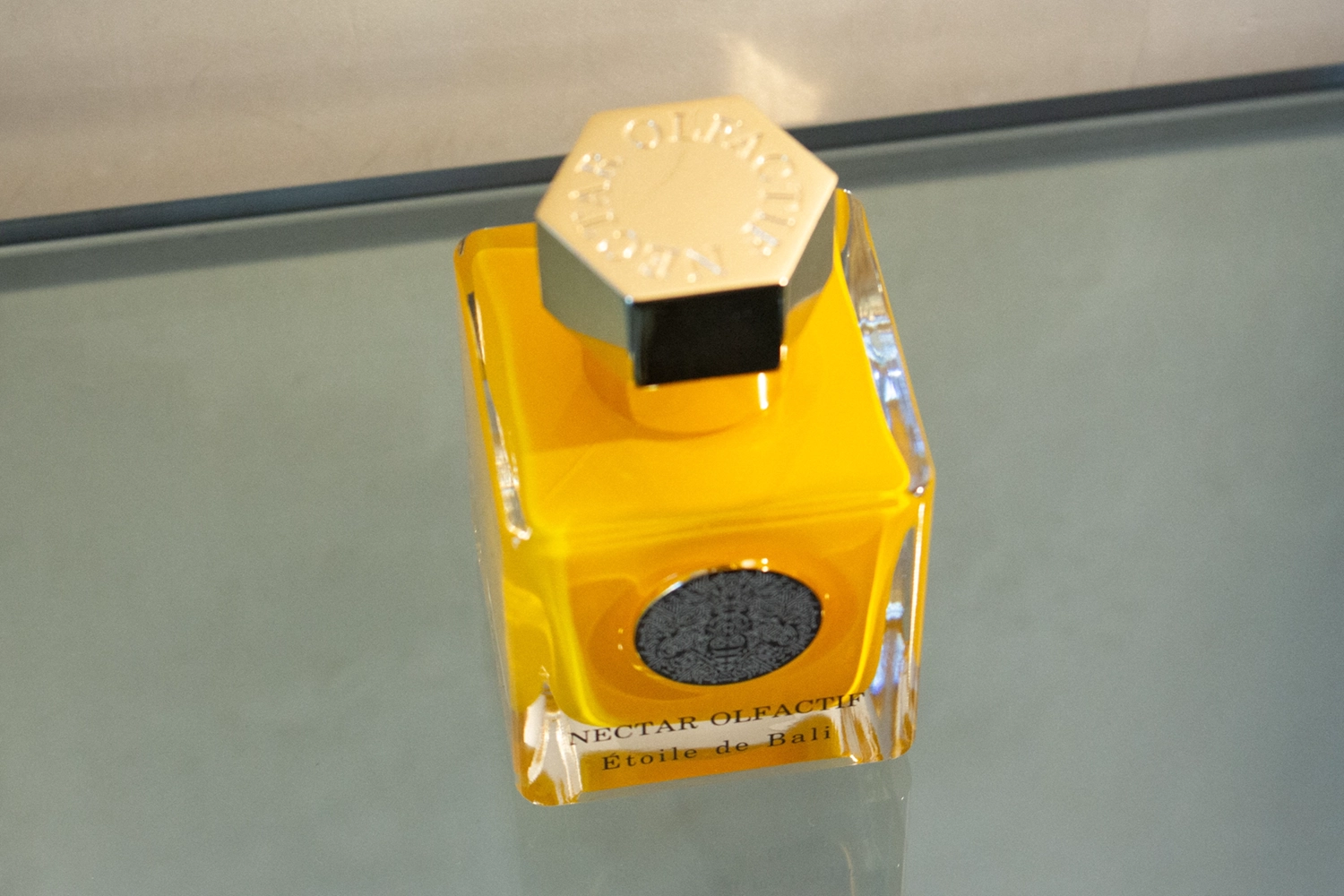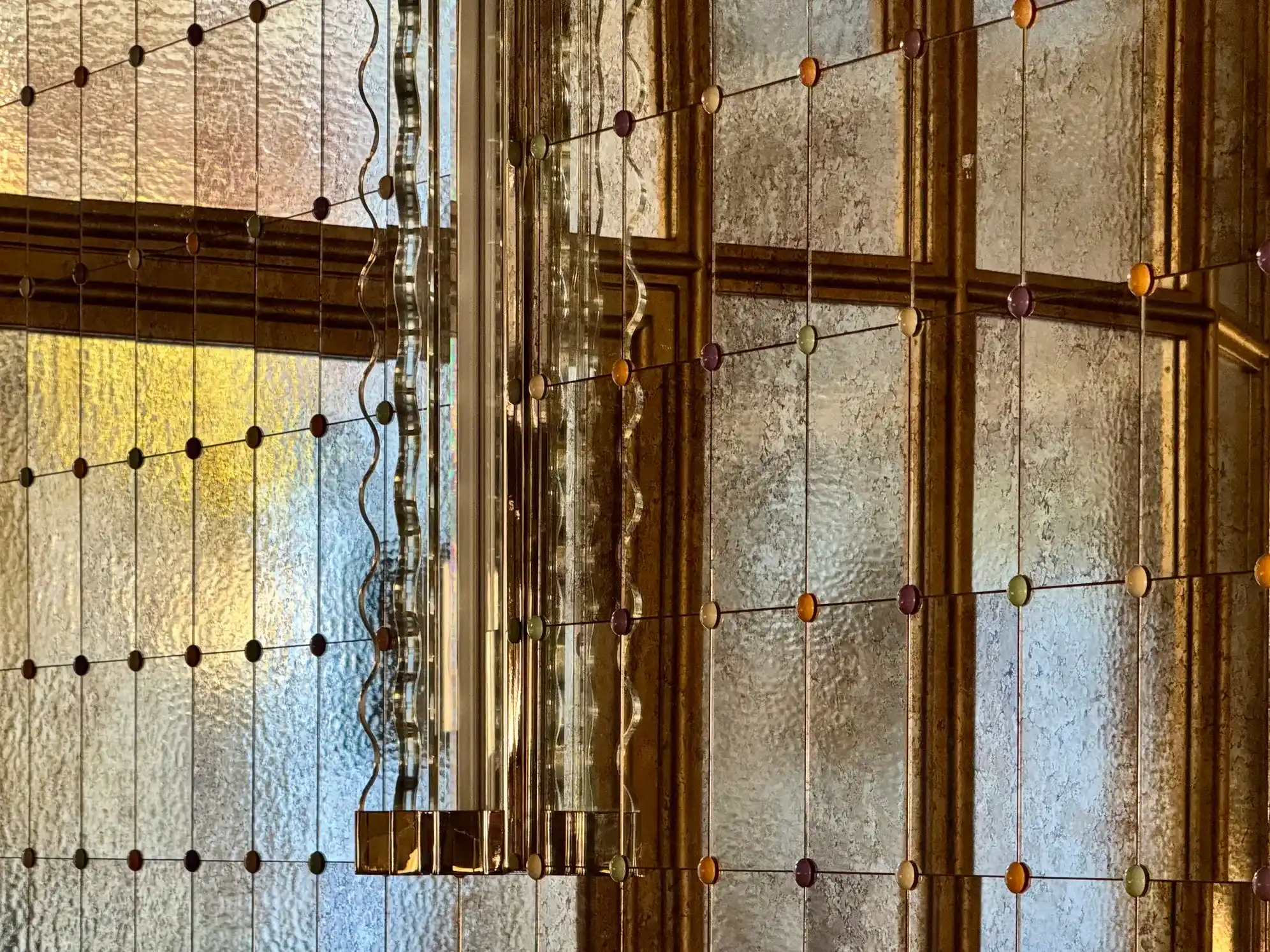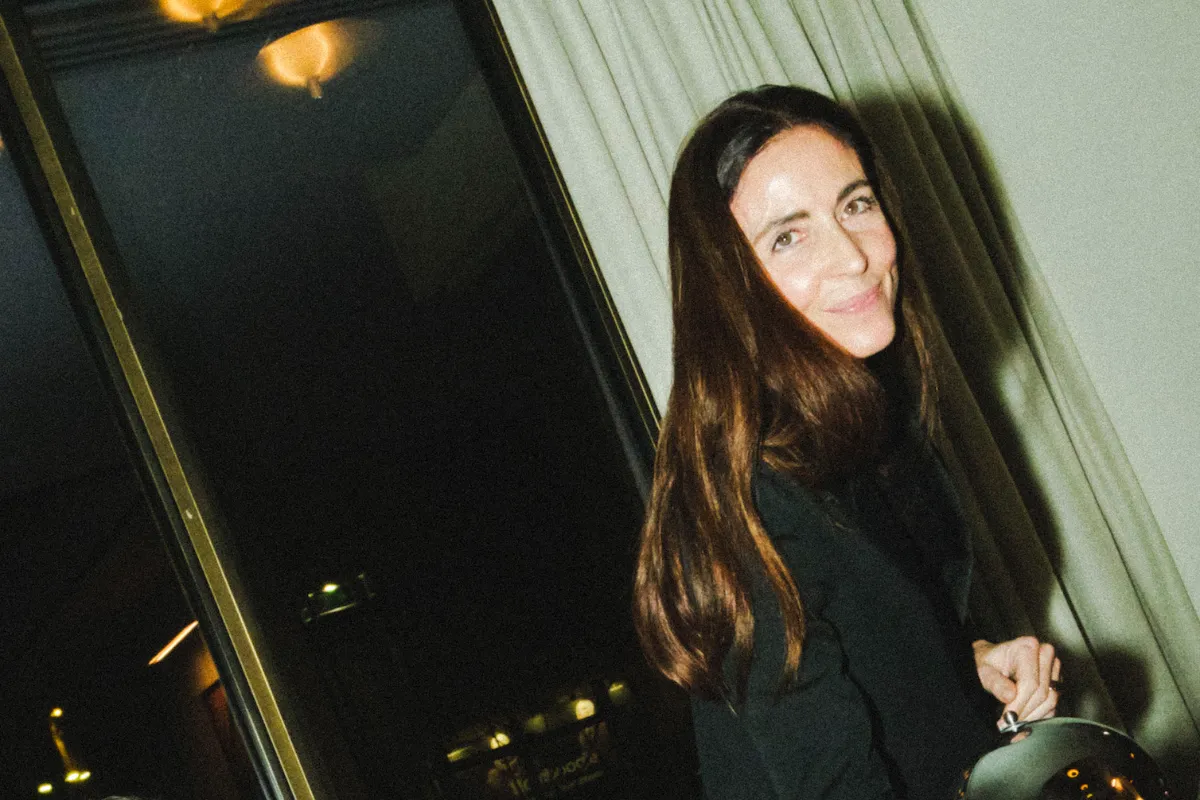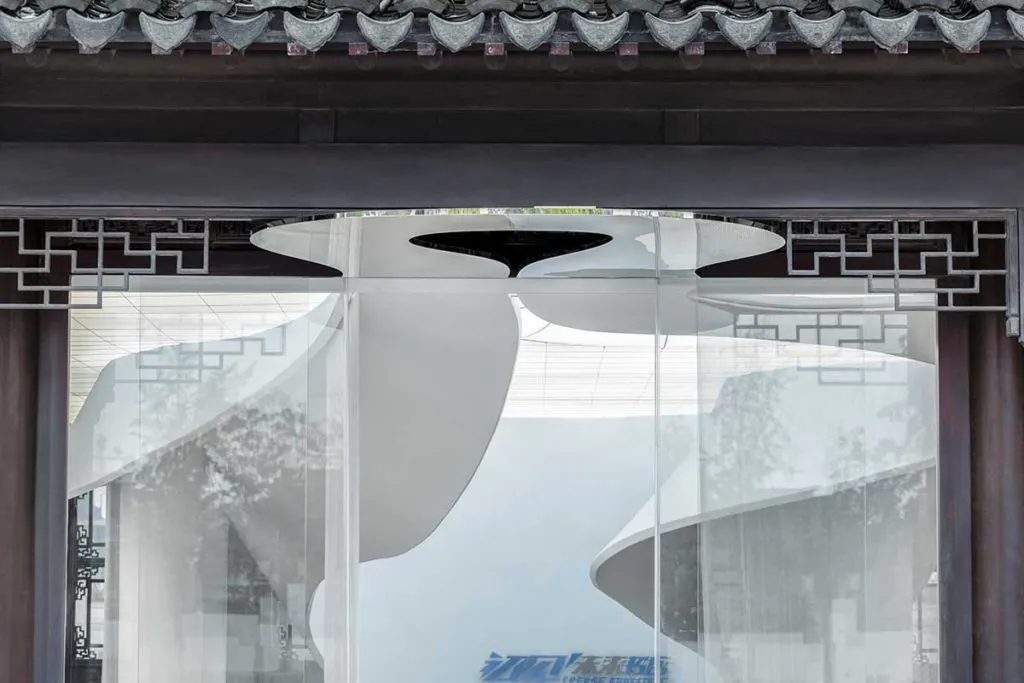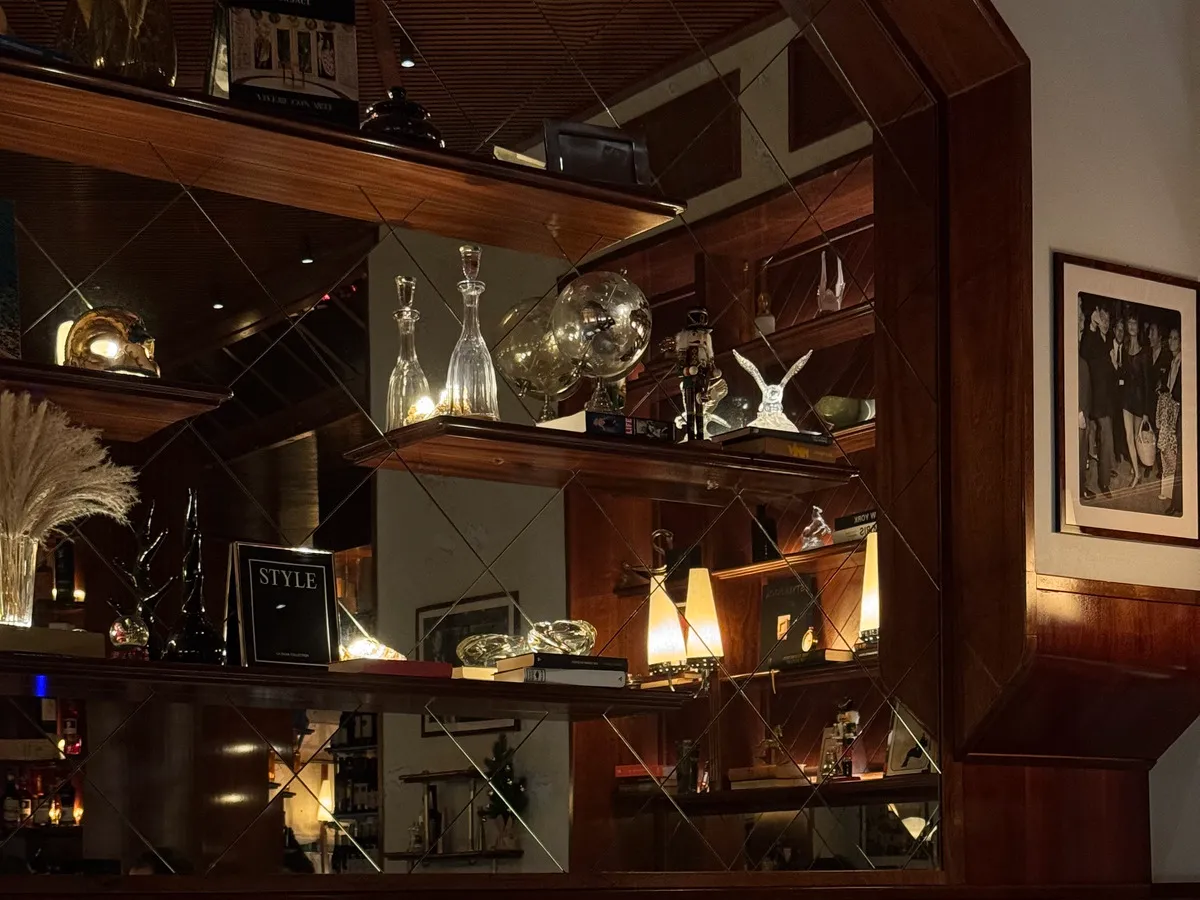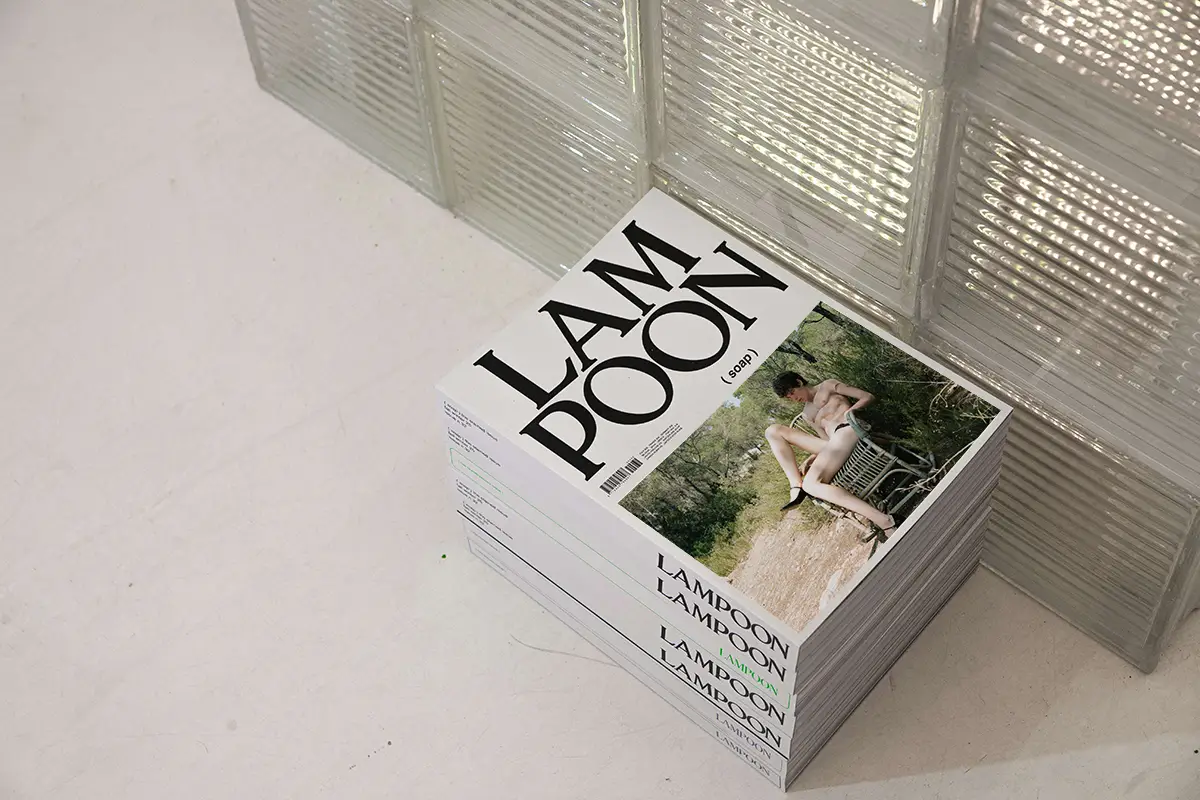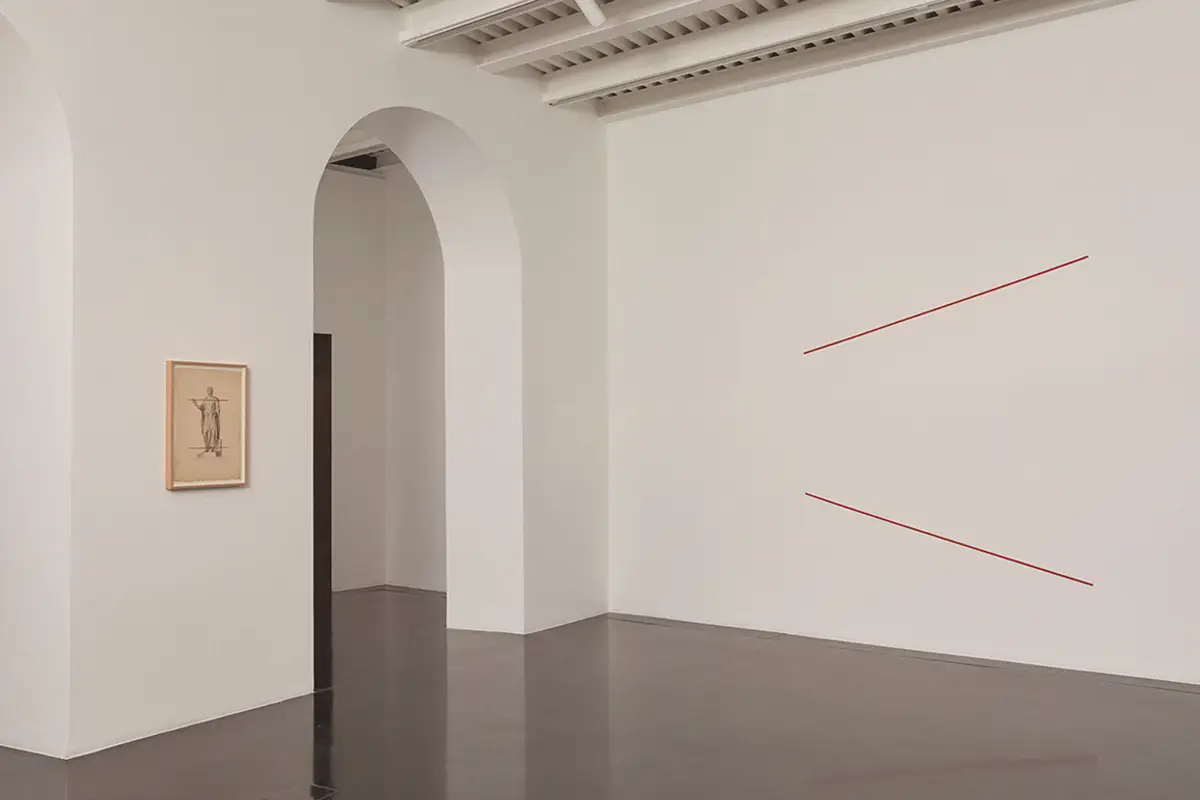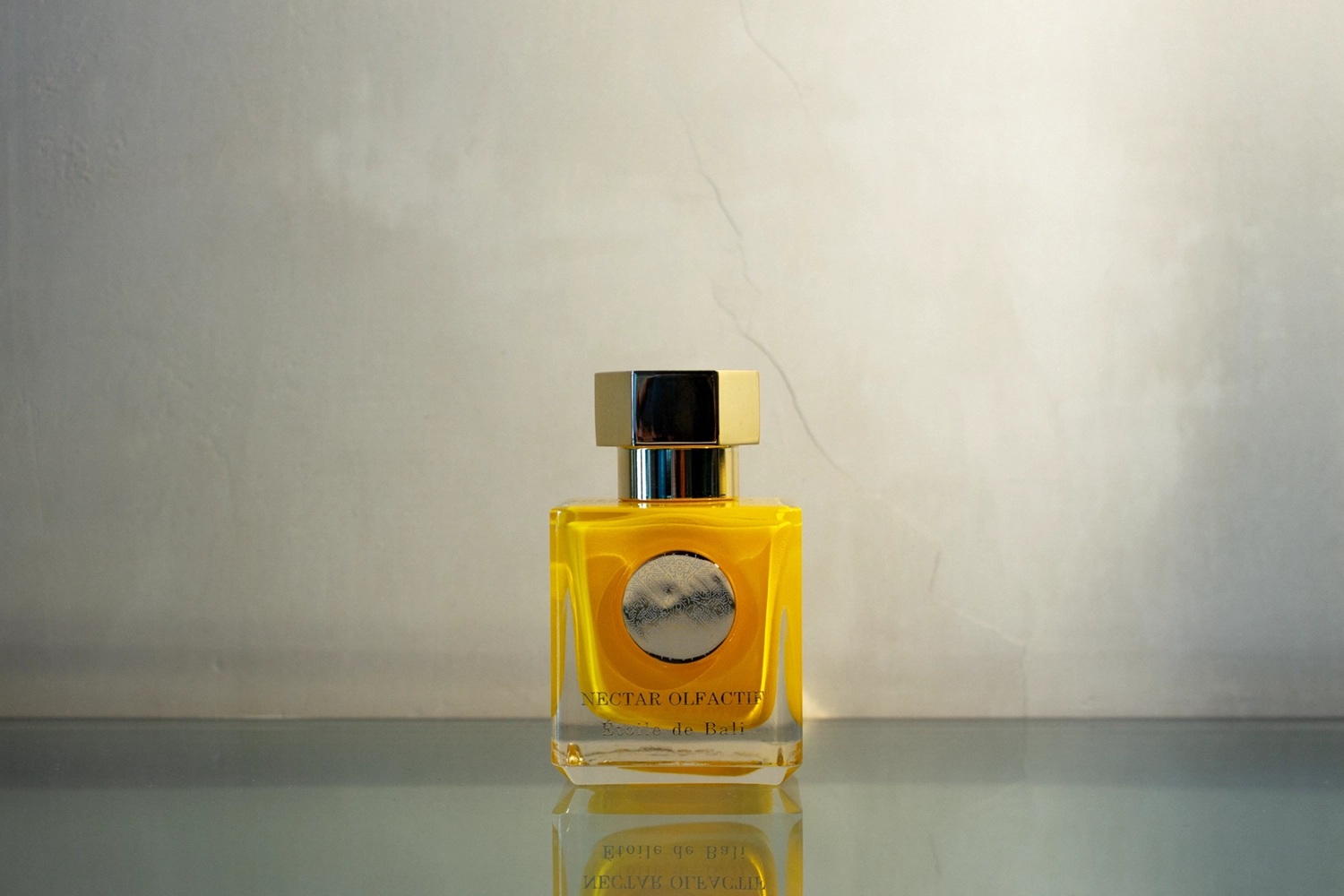
Étoile de Bali by Nectar Olfactif: Balinese Flower Rain Reimagined
Nectar Olfactif reinterprets the Balinese tradition of flower rain in a fragrance that blends cultural symbolism with olfactory craftsmanship
The Flower Rain in Bali and Perfume as a Cultural Translation
The flower rain ritual is one of the most significant aspects of Balinese culture, a synthesis of spirituality, connection with nature, and attention to beauty. This traditional ceremony involves the use of flower petals such as jasmine, gardenia, lily, freesia, and hibiscus, immersed in water and poured over the body in a symbolic and purifying gesture. The ritual transcends mere aesthetics: flowers serve as tools for dialogue with the divine, bridges between the human and spiritual realms. It is a gesture that underscores the importance of living in harmony with the natural elements.
In Bali, flowers are omnipresent in daily life. They adorn temples, altars, and statues and are also offered to deities in canang sari, small baskets woven from palm leaves and filled with fresh petals. These offerings symbolize gratitude and spirituality. The flower rain, on the other hand, is a ritual celebrating regeneration, a practice that intertwines respect for the body with a broader spiritual intention.
Nectar Olfactif: The Sacred Inspiration of Nature
Nectar Olfactif draws inspiration from the world of bees, using essences harvested from flowers, plants, and fruit trees to create unique olfactory fragrances. The brand places great importance on the sacredness of bees, a reverence that dates back to ancient cultures such as Pharaonic Egypt and Greek mythology, where nectar was considered divine, and honey an elixir of life.
The maison’s creations are deeply tied to enchanting locations like the Nile in Egypt, blossoming fields, and lush Bali, as well as natural elements such as vanilla pods from Mexico and almonds from Western Asia. Each fragrance offers not just an olfactory experience but a spiritual journey.
David Perrin, the founder of Nectar Olfactif, is a passionate creator and expert in niche perfumes, as well as a dedicated collector. His collaboration with the perfumers of Robertet in Grasse reflects shared values of commitment to natural raw materials. With over 200 years of expertise, Robertet excels in cultivating and transforming products from seed to finished essence. For Perrin, the process of creating a fragrance is deeply personal, transforming his travel experiences into singular olfactory compositions. The result is a line of Extrait de Parfum with a 30% concentration, a testament to their intensity and refinement.
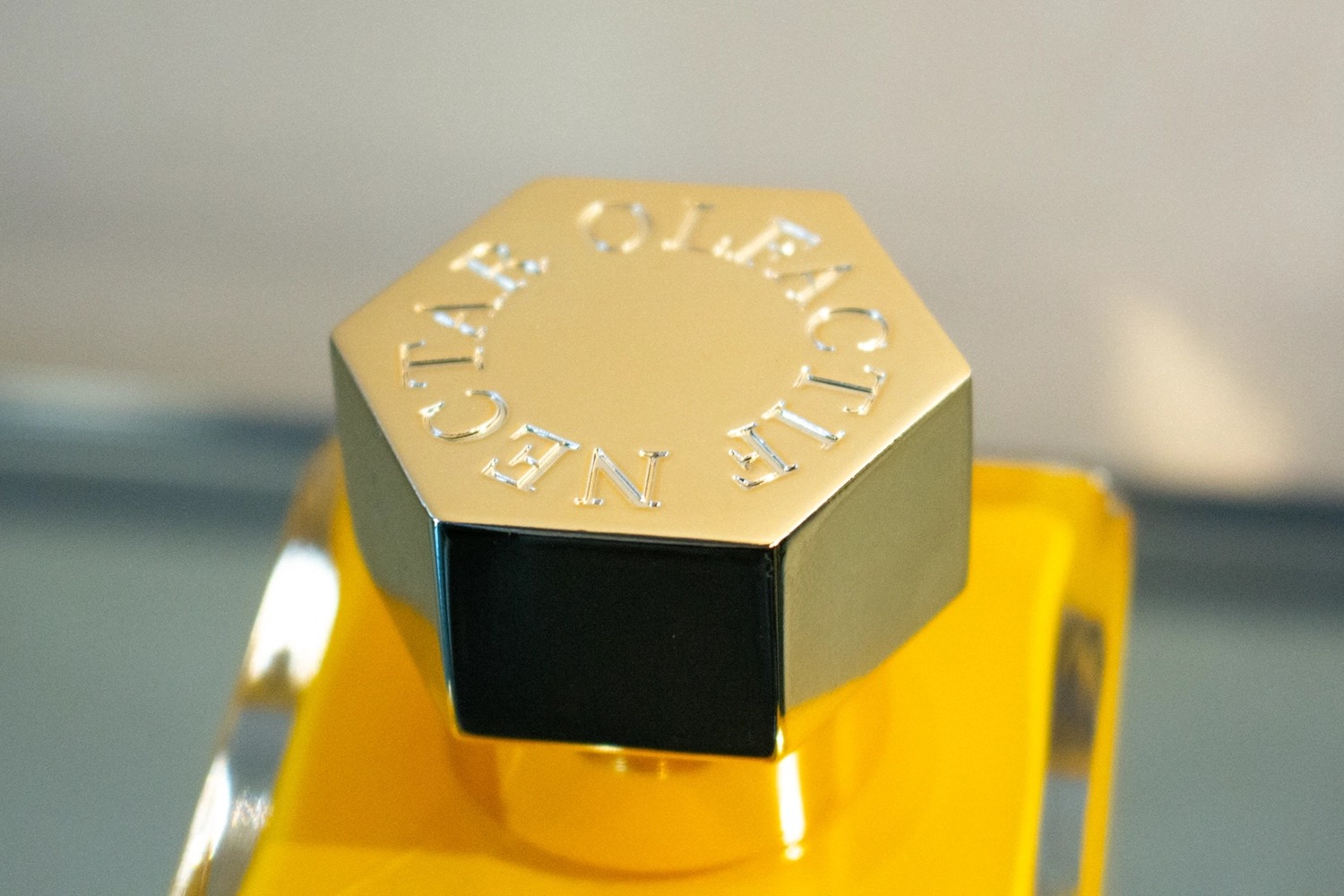
Étoile de Bali: An Attempt at Olfactory Translation
Through the fragrance Etoile de Bali, Nectar Olfactif draws inspiration from the flower rain ritual, seeking to translate this unique experience into an olfactory language. The perfume does not aim to replicate the ceremony literally but instead reinterprets it through a composition that combines floral lightness with a sandalwood base, evoking the spirituality and connection to the earth that characterize Balinese culture.
This approach is not new in the world of niche perfumery, where fragrances often become olfactory narratives, mediating between cultures, traditions, and sensory perceptions. The intent of Etoile de Bali is not purely decorative but interpretative: an attempt to capture the essence of a place and translate it into a form that is intangible yet evocative.
The Role of Cultural Translation in Perfumes
The choice of Bali and its floral ritual as inspiration for a fragrance highlights a process of cultural translation that sits at the boundary between homage and reinterpretation. Perfumery, in this sense, can be seen as a medium of cultural translation, striving to condense complex and layered elements into formulas perceivable through scent.
To what extent is it possible to translate an experience deeply rooted in a specific culture like that of Bali? The flower rain, for instance, is more than the sum of its natural ingredients; it is the result of a historical, religious, and social context. The risk of olfactory transposition is the simplification or extraction of the experience from its original meaning, reducing it to a pleasant but superficial aesthetic.
However, this form of translation also offers an opportunity: to make fragments of a distant culture accessible to those who cannot experience it directly. A perfume, despite its inevitable abstraction, can evoke an image, spark curiosity, or suggest a fragment of a narrative. In this case, Etoile de Bali fits into a tradition of fragrances that aspire to create connections between cultures and sensitivities.
